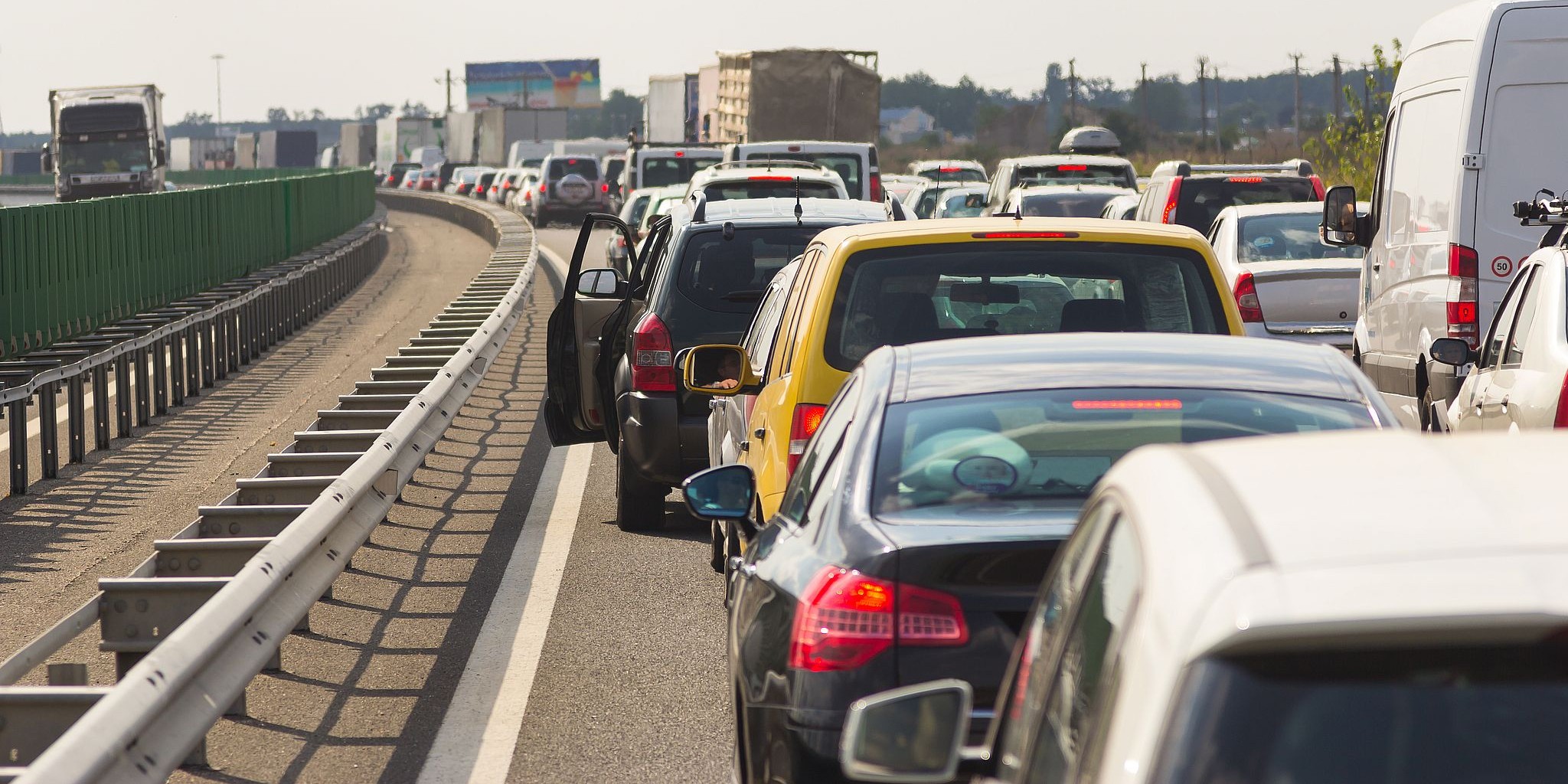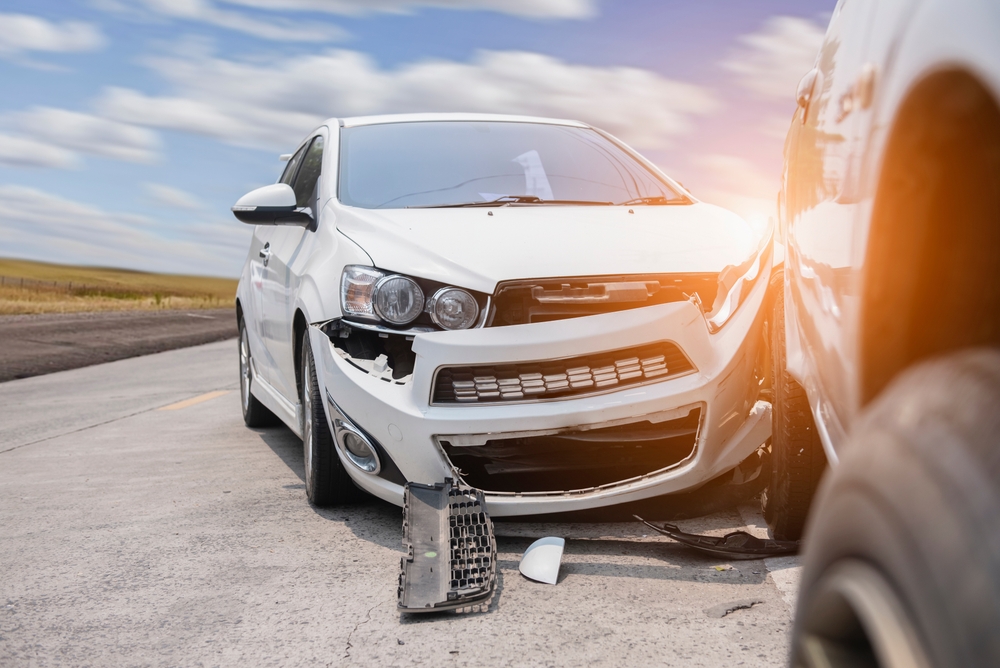When a vehicle collides with another vehicle, pedestrian, or other obstruction, a car accident results. Car collisions can cause minor or more serious injuries, vehicle damage, property damage, and even death.
Factors Affecting the Risk of Car Accidents
Many factors contribute to the risk of car accidents, including the design of a vehicle, road conditions, debris, as well as driver skill, behavior, reaction time, and impairment. Some common types of impairments that may contribute to a higher frequency of car accidents include alcohol, physical impairments, sleep deprivation, drug and alcohol use, and driver distraction.
According to the Georgia Governor’s Office of Highway Safety, the top contributing factors of all crashes and fatal accidents in the state include:
- Following too close
- Failure to yield
- Changed lanes inappropriately
- Driver lost control
- Object or animal in roadway
- Improper backing
- Disregard of stop sign or traffic signal
- Driving under the influence of alcohol or drugs
- Improper turn
I’ve Been in an Accident – What Should I Do?
If the accident resulted in injury or death of any person or property damage over $500, you are required to report the accident to the authorities immediately.
Georgia law requires the driver of any vehicle involved in an accident to do certain things, including:
- Stop and remain at the accident scene.
- Render reasonable assistance to anyone injured, including transporting or making arrangements to transport them to the hospital if necessary.
- Exchange information with the other driver, including name, address, driver’s license information, and vehicle registration number.
- Move the vehicle off the roadway onto the shoulder, emergency lane, or median if it can be safely driven and does not require towing.
You will also need to notify your insurance company of the accident, and if possible, take photographs of the accident scene, the damage to the vehicles, and any physical injuries. Always be careful about what you say after an accident. Although you have an obligation to cooperate with law enforcement and your own insurance company, you are not required to give a statement to the other driver or his insurance company – the best way to proceed is to seek legal advice first.







